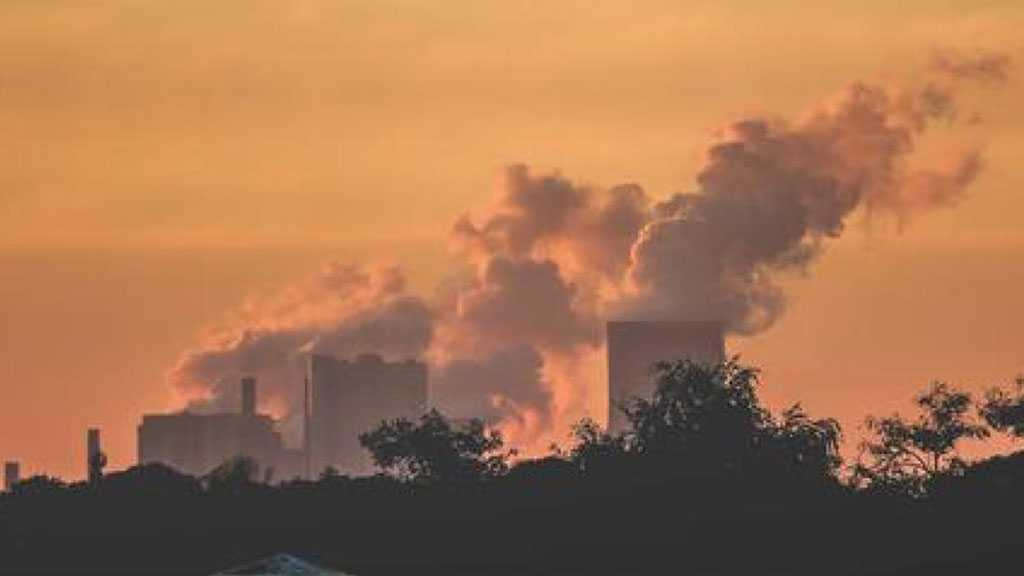UN Warns Of Climate Catastrophe: Either to Act ‘Now or Never’

By Staff, Agencies
Humanity has less than three years to halt the rise of planet-warming carbon emissions and less than a decade to slash them almost in half, a United Nations landmark report on stopping global warming and ensuring a “livable future” warned.
That daunting task is still – and only just possible, but current policies are leading the planet towards catastrophic temperature rises, the UN’s Intergovernmental Panel on Climate Change [IPCC] said on Monday.
Despite climate change warnings issued by the IPCC since 1990, global emissions have continued to rise in the last decade, reaching their highest point in history.
Global emissions now are on track to blow past the 1.5C warming limit envisioned in the 2015 Paris Agreement and reach some 3.2C by the century’s end.
The world’s nations are taking our future right to the wire, the IPCC said in the 2,800-page report, pointing at measures such as drastic cuts to fossil fuel use, growing forests and eating less meat as the way out.
In recent months, the IPCC has published the first two instalments in a trilogy of mammoth scientific assessments covering how greenhouse gas emissions are heating the planet and what that means for life on Earth.
According to the study, greenhouse gas emissions should be stopped from rising any further before 2025 to have a hope of keeping within even the less ambitious warming targets of the Paris deal: two degrees Celsius above preindustrial levels.
Scenarios of catastrophic 2.5C of warming also have emissions peaking within three years.
Beyond that, the report said carbon emissions need to drop 43 percent by 2030 and 84 percent by mid-century to meet the more ambitious Paris goal of 1.5C.
“It’s now or never, if we want to limit global warming to 1.5C,” said Jim Skea, a professor at Imperial College London and co-chair of the working group behind the report.
“Without immediate and deep emissions reductions across all sectors, it will be impossible.”
And cutting emissions is no longer enough, the IPCC said. Technologies to suck CO2 out of the atmosphere – not yet operating to scale – will need to be ramped up enormously.
The 1.5C target is presently “beyond reach,” even with the most updated global climate pledges, the IPCC said, adding that to get there the world must radically reduce the fossil fuels behind the lion’s share of emissions.
Nations should stop burning coal completely and slash oil and gas use by 60 and 70 percent respectively to keep within the Paris goals, the IPCC said.
It warned that current fossil fuel infrastructure, if used to the end of its expected lifetime without capturing carbon emissions, would make it impossible to limit global warming to 1.5C above preindustrial levels, the IPCC said.
While government policies, investments and regulations will propel emissions cuts, the IPCC made clear that individuals can also make a big difference.
Cutting back on long-haul flights, switching to plant-based diets, climate-proofing buildings and other ways of cutting the consumption that drives energy demand could reduce greenhouse gas emissions 40 to 70 percent by 2050, it said.
“Rapid and deep changes in demand make it easier for every sector to reduce greenhouse gas emissions,” including construction, food consumption and transport, the report said.
With war in Ukraine spurring urgent efforts to transition away from Russian oil and gas in some Western countries, observers said the report should sharpen nations’ focus on climate commitments.




